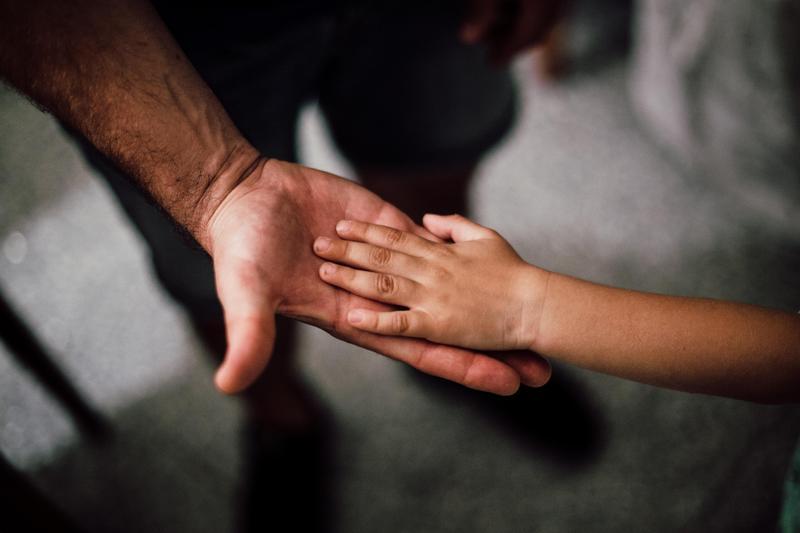The Impact of Emotional Abuse on Children: Understanding the Consequences
The Impact of Emotional Abuse on Children: Understanding the Consequences
Emotional Abuse in Children is a serious issue that affects millions of children worldwide, and it can take many forms. While most people think of physical or sexual abuse when they think of child maltreatment, a recent study in Australia found that emotional abuse is just as widespread and can cause similar harm to children.
Emotional abuse is a pattern of parent or caregiver behavior that communicates to the child that they are worthless, unloved, unwanted, or that their only value is in meeting someone else's needs. It can include verbal hostility, rejection, or denying emotional responsiveness, and it often occurs repeatedly over a period of years.
The Australian Child Maltreatment Study found that 30.9% of Australians experienced emotional abuse during their childhood, with rates among young people aged 16-24 even higher at 34.6%. Women are more likely to experience emotional abuse than men, and there are higher rates of emotional abuse among gender-diverse people.
The impact of emotional abuse is significant. Adults who experienced emotional abuse in childhood are 1.9 times more likely to have a major depressive disorder, 2.1 times more likely to have a generalized anxiety disorder, and 2.0 times more likely to have post-traumatic stress disorder than Australians who were not maltreated in childhood. They are also 2.1 times more likely to have self-harmed and 2.3 times more likely to have attempted suicide in the past year. Emotional abuse is also linked to obesity, binge drinking, and cannabis dependence.
Given the prevalence and impact of emotional abuse, it is crucial to take action to reduce it. A comprehensive approach is required, starting with broad policy change and encompassing a range of strategies including parenting interventions, mental health interventions, and population education approaches.
Evidence-based parenting supports should be widely available and easily accessible to prevent and treat emotional abuse. These programs should aim to enhance positive, loving parent-child relationships, teach non-abusive parenting strategies, combat negative attributions, and enhance parental confidence. Such programs teach parents why children behave as they do and provide practical strategies for communicating with children and showing affection, encouraging positive behavior, and using clear, calm limit-setting and discipline to manage problem behavior.
Population studies of parenting interventions have demonstrated reductions in rates of physical abuse across whole communities, indicating that even parents who do not actively attend parenting programs benefit from their availability. Since these focus on strengthening parent-child relationships and reducing known parental risk factors, it is likely that they would also reduce rates of emotional abuse.
Prevention and early intervention programs could be delivered through pre-schools and schools, while more intensive support for high-needs families could be offered through maternal and family health services, allied health professionals, and mental health specialists. Parenting support must be embedded within broader social and policy changes designed to support families, including those focused on reducing financial strain and food insecurity, and those that aim to increase access to high-quality childcare, education, and health and mental health services.
In addition to policy changes and parenting interventions, public health campaigns using mass and social media could be used to reduce emotional abuse. Such campaigns could raise awareness about the signs and impacts of emotional abuse and provide tips and resources for parents and caregivers to prevent it. For example, a campaign similar to the Slip Slop Slap campaign that resulted in reductions in melanoma rates could be used to promote positive parenting practices.
In conclusion, emotional abuse is a serious and overlooked form of child maltreatment that requires urgent attention. It is associated with similar harms as sexual abuse, and adults who experienced emotional abuse in childhood are more likely to have mental health issues and engage in harmful behaviors. To reduce emotional abuse, a comprehensive approach is required, including broad policy change, evidence-based parenting supports, and population education approaches. All children deserve to be raised in loving,
Be the first to post a message!
